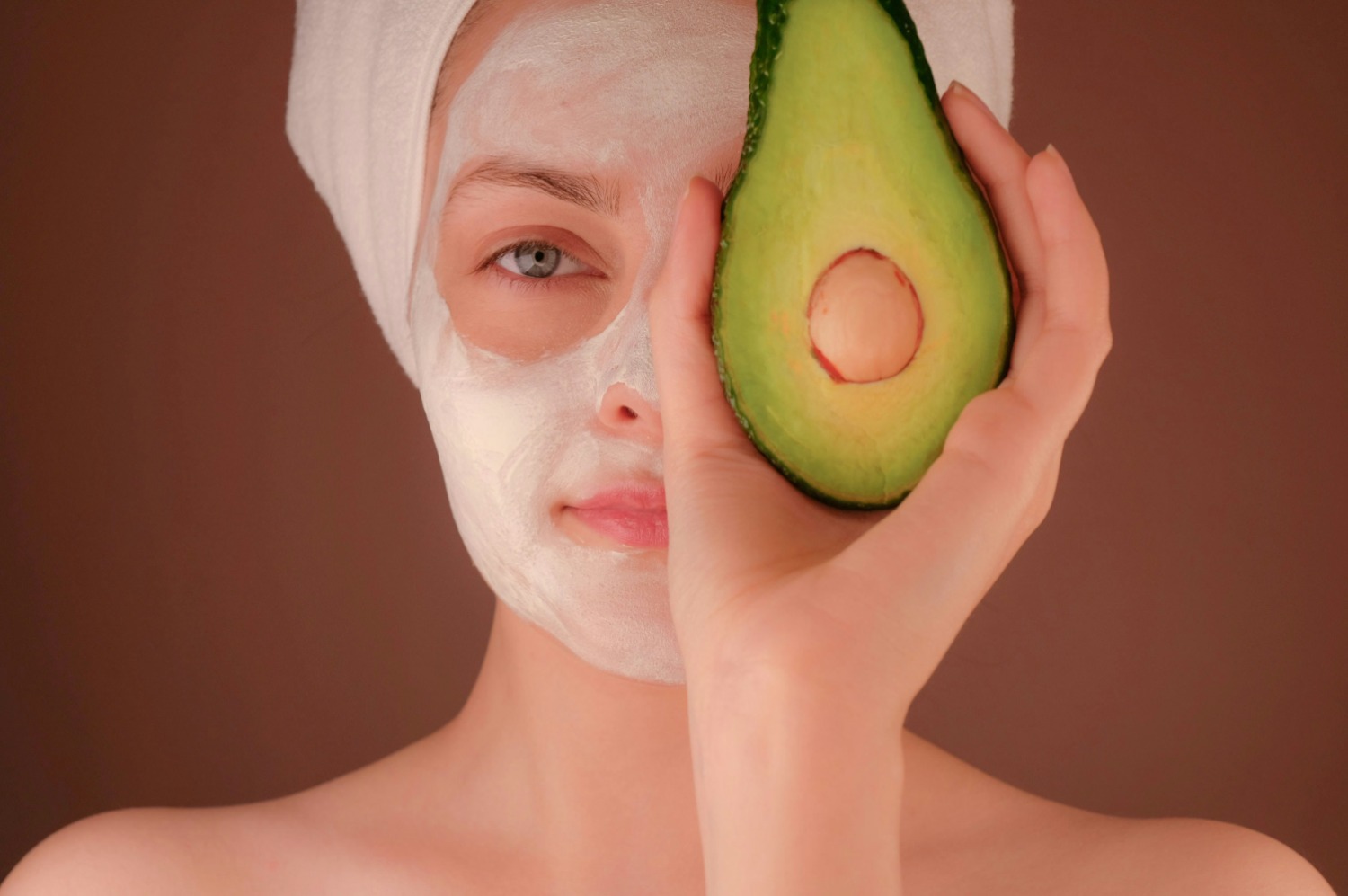
Acne scars can be frustrating and difficult to get rid of. While acne itself can be treated with various medications and skincare routines, the scars left behind can linger for years. Acne scars can be caused by a variety of factors, including inflammation, picking at pimples, and genetics. Fortunately, there are several treatments available to help reduce the appearance of acne scars.
Understanding Acne Scars
Acne scars are a common skin condition that can occur due to inflammation caused by pimples, nodules, and cysts. Even after the pimple disappears, it can leave behind a scar that can impact appearance and self-esteem.
Types of Acne Scars
There are several types of acne scars, including raised scars, boxcar scars, rolling scars, keloid scars, atrophic scars, and ice-pick scars. Raised scars occur when the body produces too much collagen, while atrophic scars are caused by a loss of tissue. Ice pick scars are small, deep pits that resemble puncture wounds, while boxcar scars have a wide, U-shaped appearance. Rolling scars are shallow and wide, while keloid scars are thick and raised.
Causes of Acne Scars
Acne scars are caused by inflammation in the dermis layer of the skin. When dead skin cells and bacteria clog pores, the skin becomes inflamed, leading to the formation of pimples, nodules, and cysts. If these are picked or squeezed, they can cause damage to the skin, leading to scarring.
Acne Scars and Skin Tones
Acne scars can appear differently on different skin tones. Darker skin tones are more prone to post-inflammatory hyperpigmentation, which can cause dark spots that last for months or even years. It is important to protect the skin from the sun with sunscreen to prevent further damage.
Prevention of Acne Scars
Preventing acne scars is just as crucial as treating them. Avoid picking at active breakouts, as this can lead to further irritation and increased scarring.
Prompt and effective acne treatment is also key in preventing scars. If you have darker skin, be particularly cautious, as some scar types can be more noticeable on darker skin tones.

Professional Treatments for Acne Scarring
A range of professional treatments can help you regain smooth, blemish-free skin. Consulting with an aesthetic doctor is your first and most crucial step, as they’ll assess the type and severity of your acne scars and prescribe the best-suited treatment or combination of treatments for you.
Skin Resurfacing
Tixel Skin Treatment works by delivering controlled heat to the skin’s surface to provide an overall rejuvenated appearance, therefore reducing the appearance of acne scars. This treatment usually requires 3 sessions, with results lasting up to 2 years.
Facial Fillers
Aliaxin filler treatment can help rejuvenate facial features through its hyaluronic acid formula which works to aid skin hydration and collagen levels. This therefore reduces the appearance of acne scarring. It only requires one treatment that can last up to 9 months.
Microneedling
INTRAcel microneedling helps reverse ageing and reduce scarring by breaking down scar tissue to produce smoother, more even skin. This treatment also boosts important proteins and minerals in the skin to promote skin health. It usually requires 3 or more sessions, with results lasting up to 2 years.
IPL Treatment
Intense Pulsed Light treatment reduces scarring by targeting pigmented cells and thread veins in the skin, rejuvenating your appearance. The results from this are long-term, so only require 1 to 5 total sessions.
PRP Treatment
Platelet Rich Plasma treatment uses the power of your own blood, which is placed in a centrifuge to extract the platelet-rich blood plasma. This plasma is then injected into the desired area of the body to boost the natural healing ability of the acne scars. It is a very quick treatment that lasts up to 9 months.
Polynucleotide Treatment
Polynucleotides come from purified DNA fractions to help your body naturally produce fibroblasts. This then activates stem cells to enhance the body’s natural regenerative capacity, therefore reducing scarring. The treatment is very quick, and results can last up to 12 months.

Surgical Options
For severe acne scarring, surgical options may be necessary. Subcision involves using a needle to break up scar tissue and release it from the underlying skin. Punch excision involves removing the scar and closing the wound with stitches. Cosmetic surgery can also be used to improve the appearance of acne scars.
At-Home Remedies for Treating Acne Scars
These treatments can be effective in reducing the appearance of scars, but it is important to note that results may vary depending on the type and extent of scarring.
Topical Treatments
Topical treatments can be applied directly to the skin and are available in the form of creams, gels, and pads. These treatments often contain ingredients such as lactic acid, salicylic acid, and retinoids, which can help to exfoliate the skin and increase collagen production.
Topical retinoids, such as tretinoin, can also be effective in reducing the appearance of acne scars. It is important to note that these treatments can take time to work, and individuals should be patient and consistent in their use.
Here at LTC, we offer a skin health review. Our skincare experts will help determine the perfect advanced skincare products tailored to your skin type and tone for the best results.
Natural Remedies
There are also various natural remedies that individuals can try at home to reduce the appearance of acne scars. These remedies include applying honey, aloe vera, or tea tree oil directly to the skin.
Over-The-Counter Products
Over-the-counter products, such as face masks and creams, can also be effective in reducing the appearance of acne scars. These products often contain ingredients such as azelaic acid and retinol, which can help to exfoliate the skin and increase collagen production.
Understanding the Healing Process
This can help you choose the right treatments and products to reduce the appearance of scars.
Collagen and Healing
Collagen is an essential protein that helps to keep your skin firm and elastic. When you have an acne breakout, your body produces collagen to help heal the affected area. However, if too much collagen is produced, it can lead to raised scars. On the other hand, if too little collagen is produced, it can result in depressed scars.
Time and Patience
There are many treatments available for acne scars, however, you may need to try several different treatments before you find one that works for you. It’s also important to be patient and consistent with your treatment regimen.
Frequently Asked Questions
How long does it take for acne scars to fade?
The time it takes for acne scars to fade varies depending on the severity of the scars. Mild acne scars may fade on their own in a few months, while deeper scars may take several years to fade. However, with the right treatment, the appearance of acne scars can be significantly reduced in a shorter time.
Can salicylic acid help with acne scars?
Salicylic acid is a type of beta-hydroxy acid that is commonly used to treat acne. While it can help to prevent new acne from forming, it is not very effective at reducing the appearance of acne scars. Instead, treatments such as PRP or Polynucleotide treatment may be more effective at reducing the appearance of acne scars.
How can I remove acne scars naturally?
While several natural remedies are said to help reduce the appearance of acne scars, such as aloe vera and honey, there is little scientific evidence to support these claims. It is important to speak to a skin care expert before trying any natural remedies to ensure they are safe and effective.
Do acne scar marks eventually disappear?
Acne scars may fade over time, but they may not disappear completely. The appearance of acne scars can be improved with the right treatment, such as laser therapy or chemical peels.
What is the quickest way to get rid of acne scars?
There is no quick fix for acne scars, and the best way to reduce their appearance is to seek professional treatment. It is important to speak with us to determine the best treatment plan for your individual needs.

































